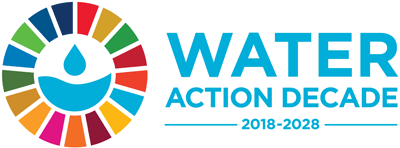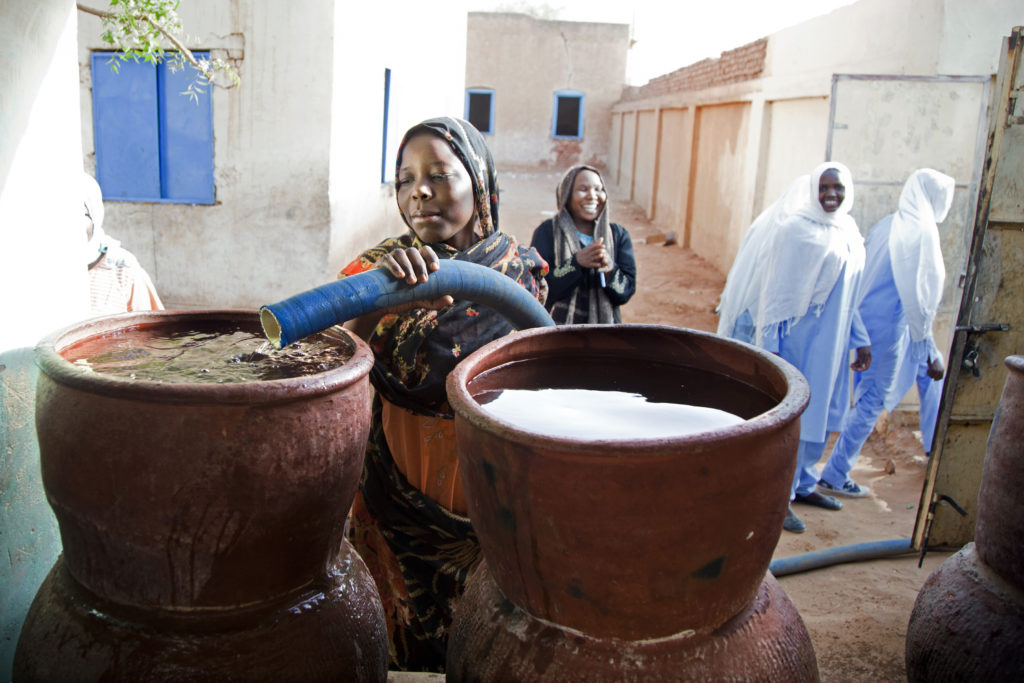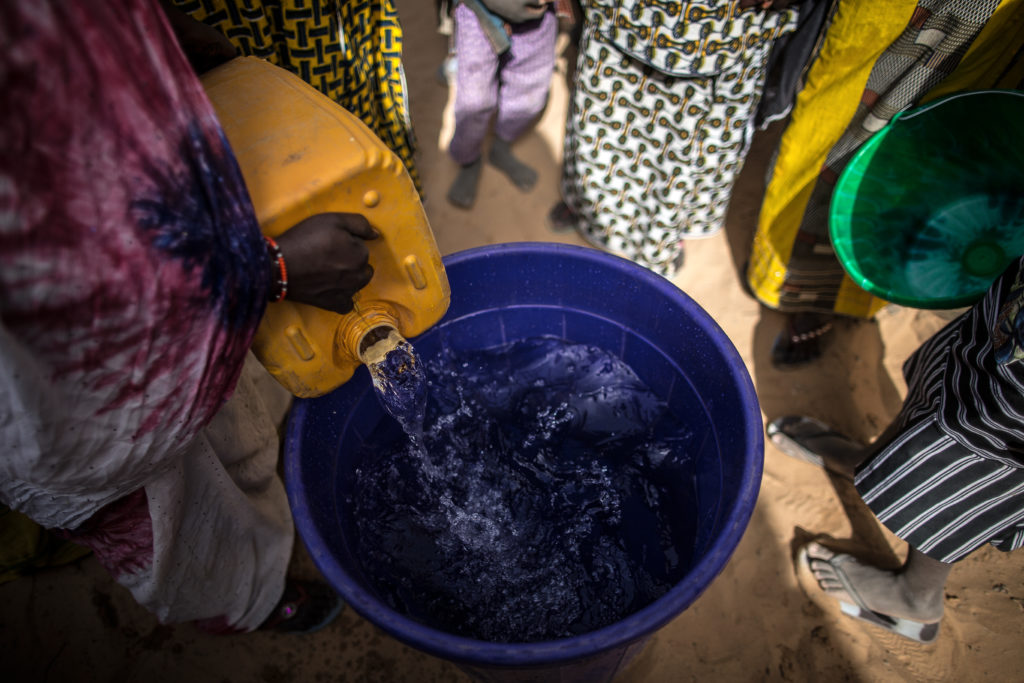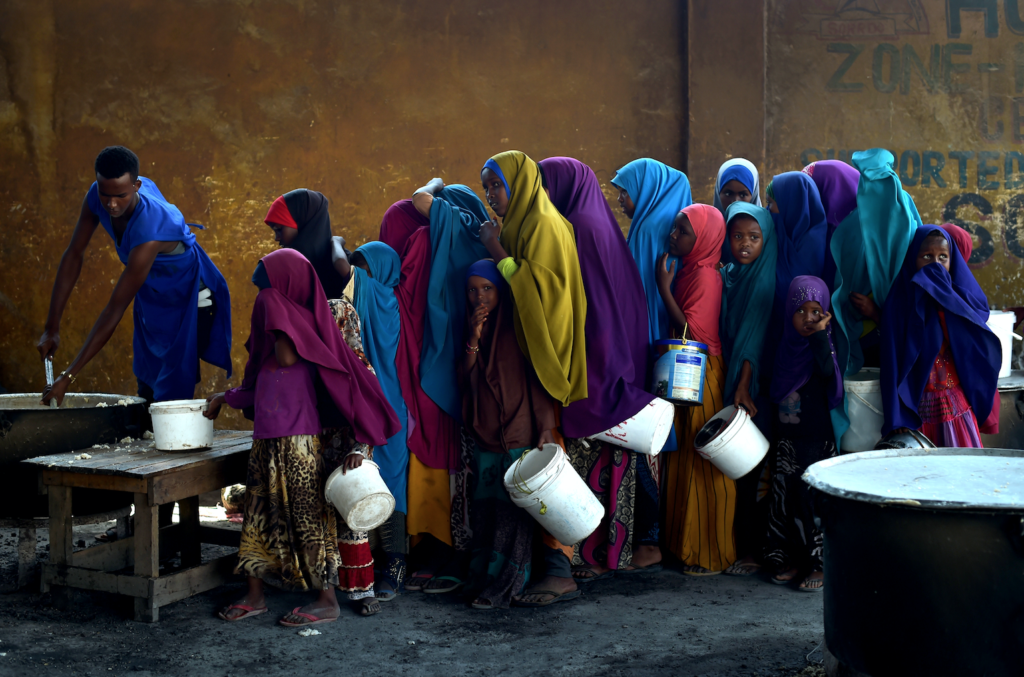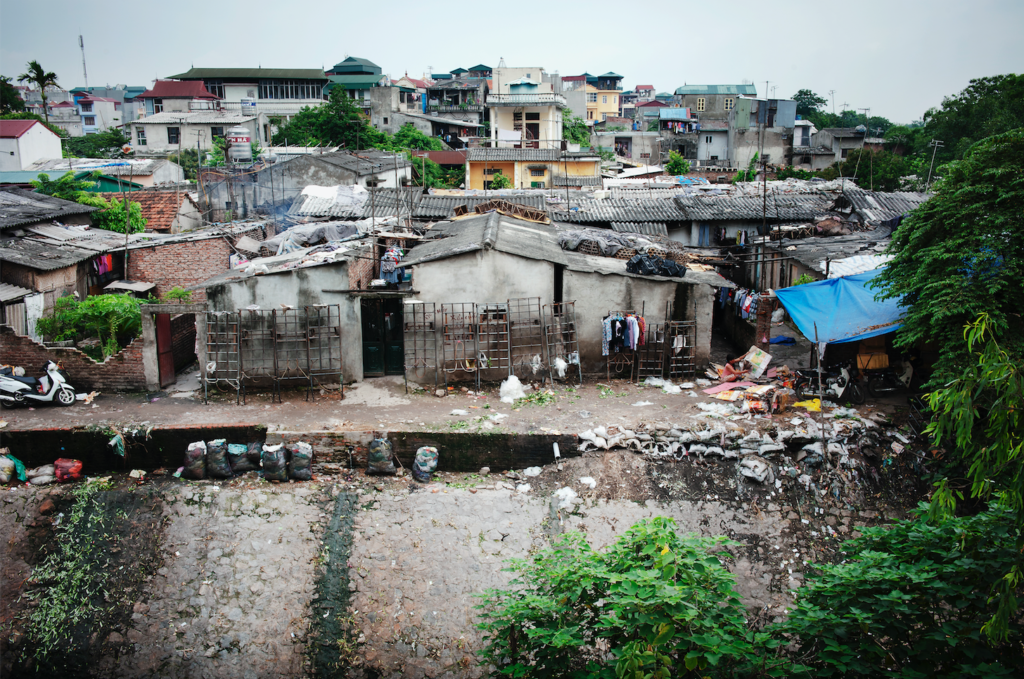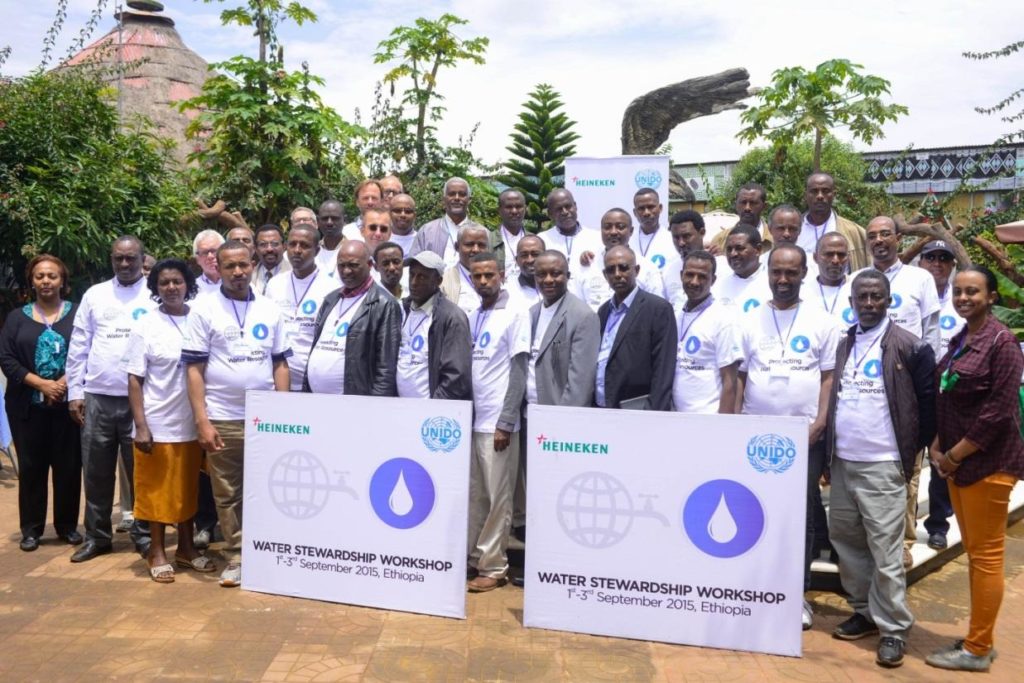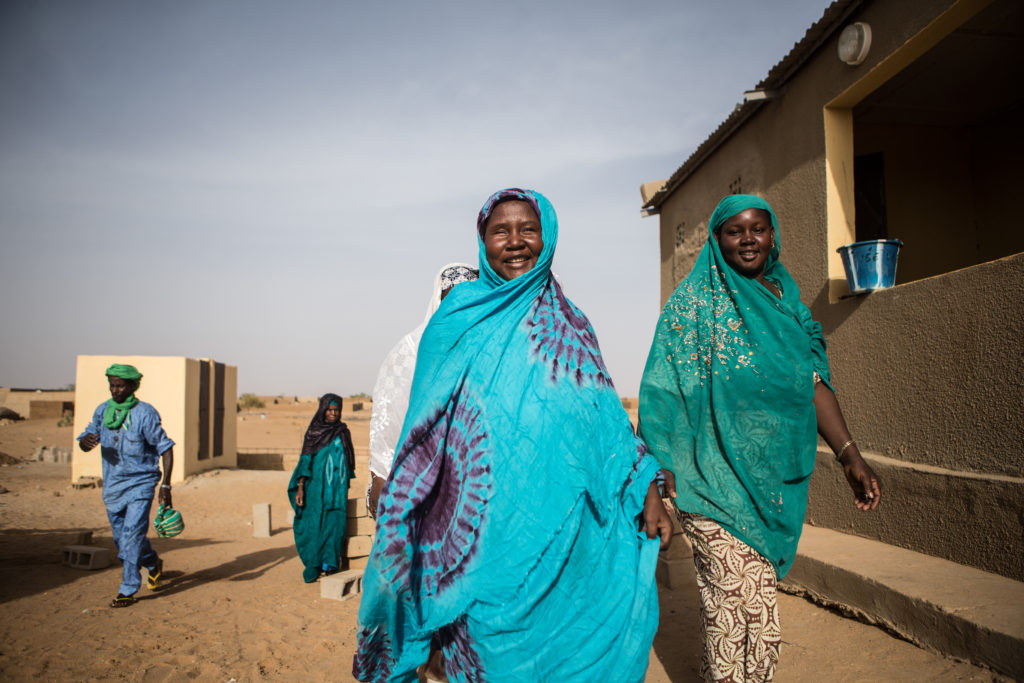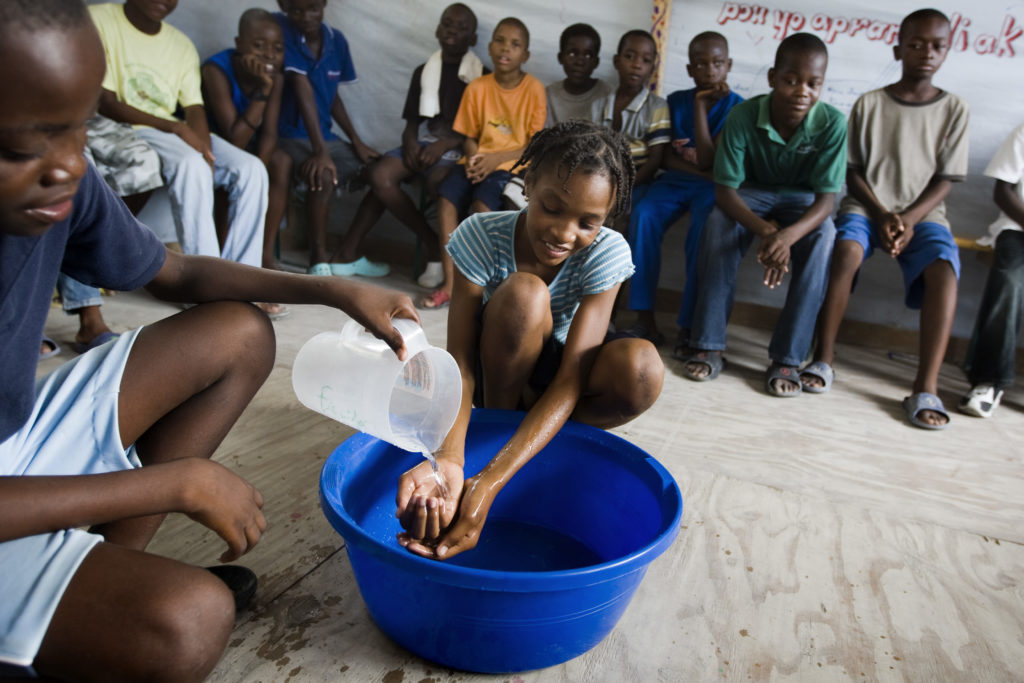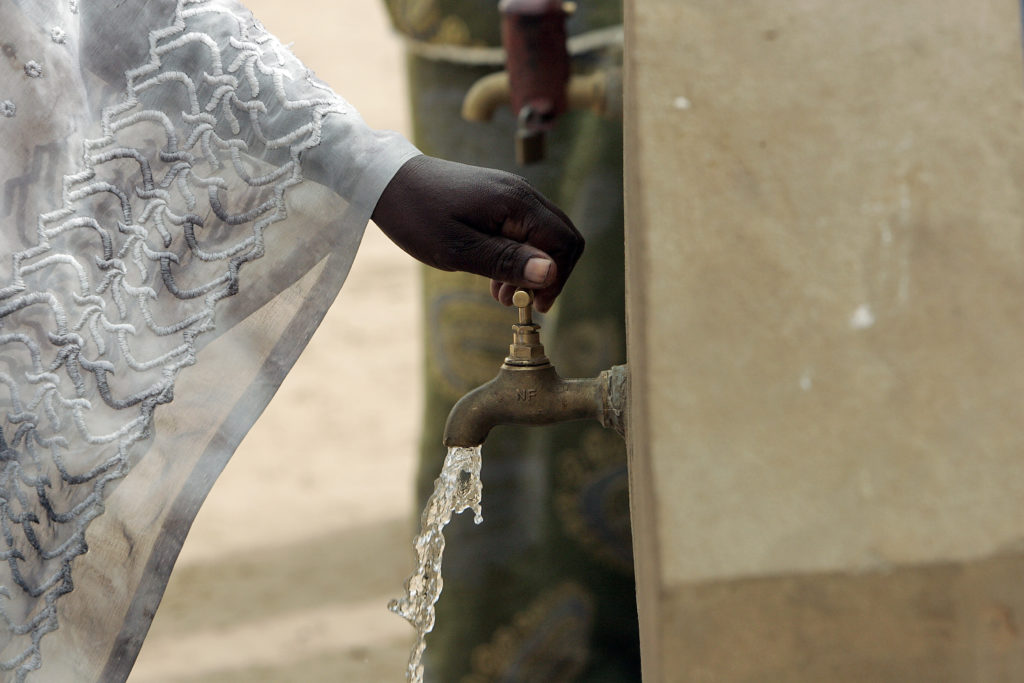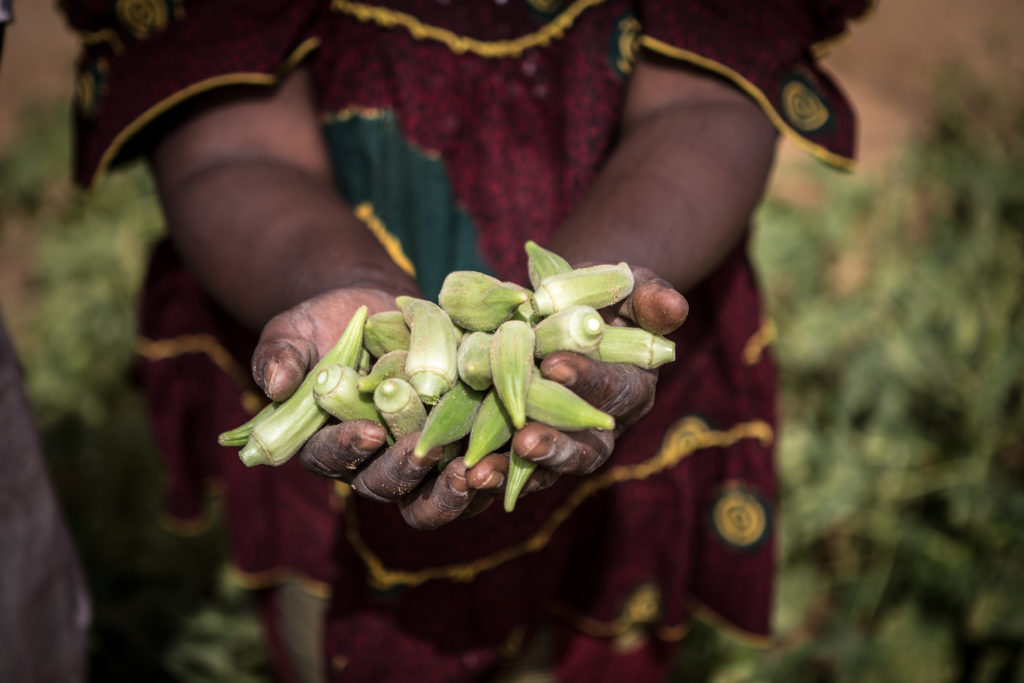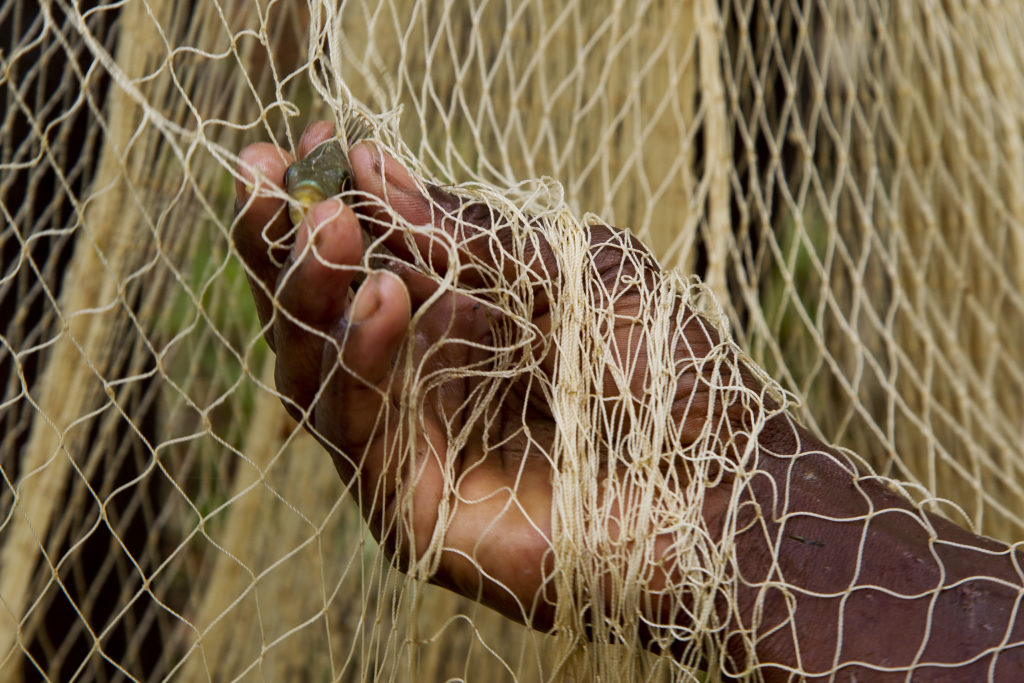An alliance of global water operators
Formally founded in 2009 and established as part of UN-Habitat, the Global Water Operators' Partnerships Alliance (GWOPA) is an international network created to support, promote and facilitate Water Operators' Partnerships (WOPs) around the world. GWOPA has analysed success factors, developed guidance material, documented case studies and developed a strong alliance of water operators, UN Agencies,...
